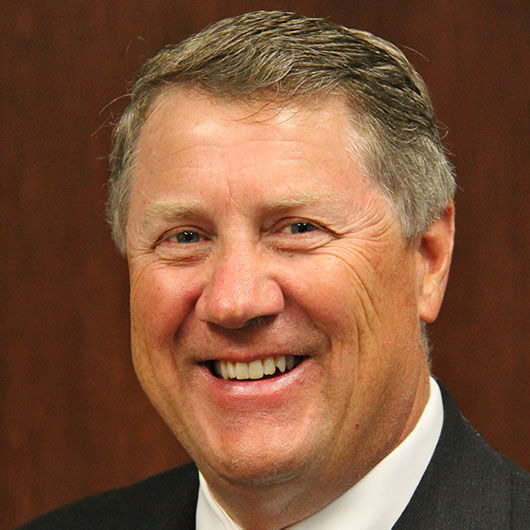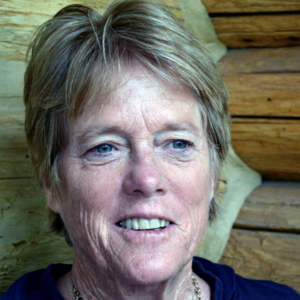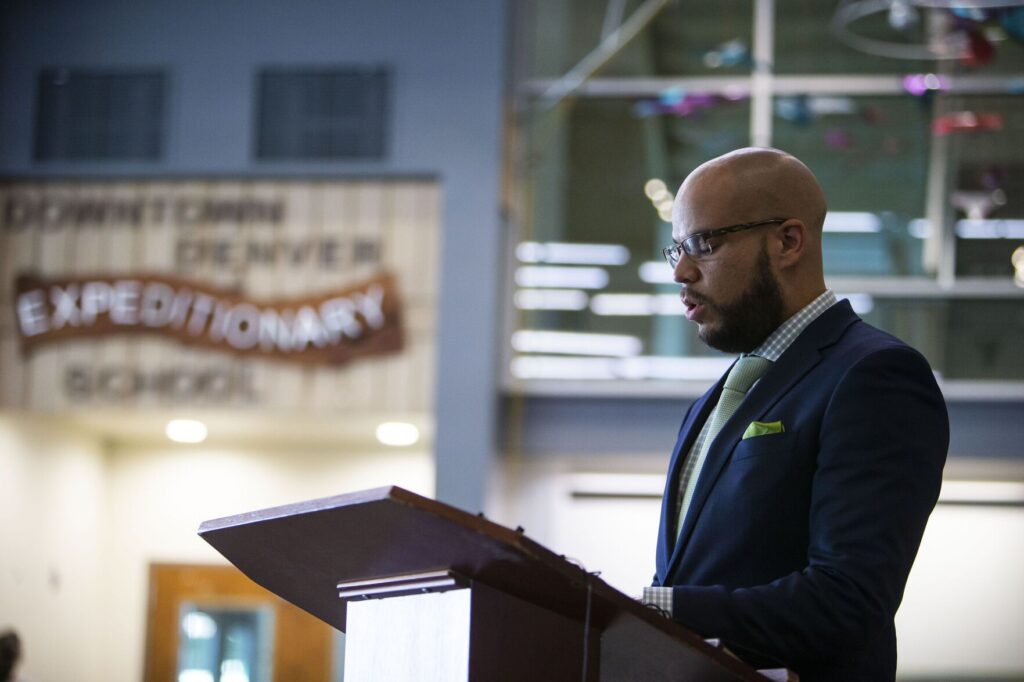Students should decide their schools of choice

Additional education is the choice that most reliably improves an American family’s quality of life. Consequently, both as a former Colorado legislator and during my professional career I have consistently attempted to expand access to and opportunity for college and specialized training programs.
Continuing education is not a one size fits all proposition. Each of us has our own aspirations, resources and needs which may be satisfied by our local community college, private universities or colleges, public higher education or for profit training institutions. Each serves a unique and vital role helping students pursue the fuller, better future they desire for themselves.
While most schools work diligently to help their students succeed, in every category there are failures that provide little value for tuition dollars. Rather than tackle this system failure broadly, the U.S. Department of Education has singled out the for profit sector despite the fact that it is these very institutions that are most likely to have incorporated advanced communications technologies into their delivery of curriculum. The 840 page draft, “Gainful Employment Regulation,” recently issued by the Department is chock full of bureaucratic gobbledygook. The upshot is an imposition of performance metrics regarding student loan defaults that would deny students enrolled at many for profit schools from securing federal assistance. While ostensibly protecting these students from incurring excessive debt, in truth, it denies them the opportunity to make choices that will meet their educational goals.
Student debt is a national problem across all of higher education. If the “gainful employment regulation” were intended to address this problem, it would apply to every institute of higher education. To the contrary, it reflects a bureaucratic bias that resents the fact that employment preparation programs can turn a profit. Washington isn’t protecting student loan applicants with these proposed regulations when the average graduate of a non-profit college accrues twice as much debt as is allowed a for profit alumnus. Blind to the skills required in a global economy, this rule is aimed squarely at career oriented schools that produce market ready workers. Twenty five percent of all associate degrees and 55 percent of technical certificates are awarded to students whose futures will now be at risk.
Job training has to remain attuned to the demands of a global economy that freely seeks employees anywhere on the planet. Today only 40 percent of American workers under the age of 34 have earned an associate degree or higher; yet in just four years, nearly two-thirds of new jobs in the U.S. economy will require postsecondary training. More than a 100,000 Coloradans are currently enrolled in for profit programs tailored to meet their personal goals. Nationally, more than a million of these students are African-American and Hispanic, while 1.8 million low income kids can only access the training they need through these more affordable options.
It is inexplicable why the Department of Education has concluded these individuals are unqualified to make decisions about where to attend school in pursuit of a better life for themselves and their families, particularly when many of these programs are unavailable elsewhere. Most of these classrooms are located in Denver, although branches exist throughout the state. They are bursting with students that reflect the diversity of our communities —- hardworking individuals with diverse backgrounds and a shared determination to gain the skills that can help them and their country thrive. These young men and women are voting with their feet and their pocketbooks. If we believe they can make their own health care choices, why can’t we let them use their educational dollars at the schools best suited to provide the training they require?
They can make these decisions for themselves, just as they will be more likely to launch their own businesses in the years ahead. To address the departure and default crisis in higher education, we must develop and then uniformly apply solutions that preserve student choice while protecting maximum educational opportunity.
Frana Mace served in the Colorado House representing District 4 in North Denver from 1995-2003. She was appointed to the interim Higher Education Study Committee.
Colorado Politics Must-Reads:













